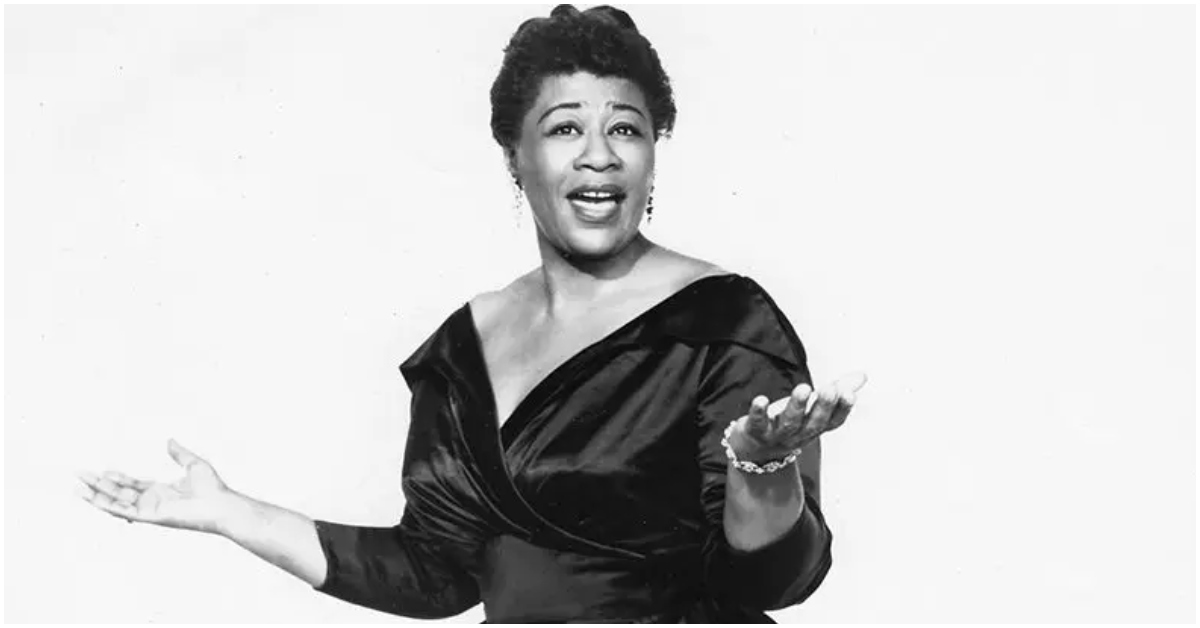Ella Fitzgerald made history as the first African-American woman to perform during the Super Bowl Halftime Show. The legendary jazz vocalist took center stage at Super Bowl VI in 1972, paving the way for future generations of Black artists.
“She performed ‘Mack the Knife’, which got her into history books as the first African-American woman to perform at a Super Bowl halftime show,” according to reports.
Fitzgerald’s historic performance was part of a “Salute to Louis Armstrong,” the iconic jazz pioneer who hailed from New Orleans, where Super Bowl VI was held. Joined by trumpeter and bandleader Al Hirt, Fitzgerald paid homage to Armstrong’s legacy with her rendition of his classic hit, “Mack the Knife.”
Breaking Barriers and Shattering Glass Ceilings
Prior to Fitzgerald’s trailblazing appearance, Super Bowl Halftime Shows were typically showcases for marching bands and drill teams. Her inclusion marked a significant shift, paving the way for future “celebrity” performers and highlighting the immense talent and contributions of Black artists.
“It was the first Super Bowl theme that paid tribute to an important figure especially one that happened to be black, and Fitzgerald was one of two women who were chosen to perform,” reports stated.
A Legendary Career and Unparalleled Artistry
Hailed as “The First Lady of Song,” Ella Fitzgerald’s unique, flexible, wide-ranging, and ageless voice made her the most popular female jazz singer in the United States for more than half a century.
Her ability to sing sultry ballads, sweet jazz, and imitate every instrument in an orchestra earned her numerous accolades, including 13 Grammy Awards and over 40 million album sales.
“She worked with all the jazz greats, from Duke Ellington, Count Basie and Nat King Cole, to Frank Sinatra, Dizzy Gillespie, and Benny Goodman,” reports highlighted.
Paving the Way for Future Generations
While details surrounding Fitzgerald’s historic Super Bowl performance are scarce, her impact on representation and inclusivity in the entertainment industry cannot be overstated.
Her trailblazing performance opened doors for countless Black artists who followed, ensuring that their talents and contributions would be celebrated on one of the world’s biggest stages.
“Unfortunately, Fitzgerald’s performance wasn’t recorded and the details surrounding the performance are scarce since there weren’t any documented interviews. Yet, the audience enjoyed her performance, marking it as one of the best,” reports noted.





